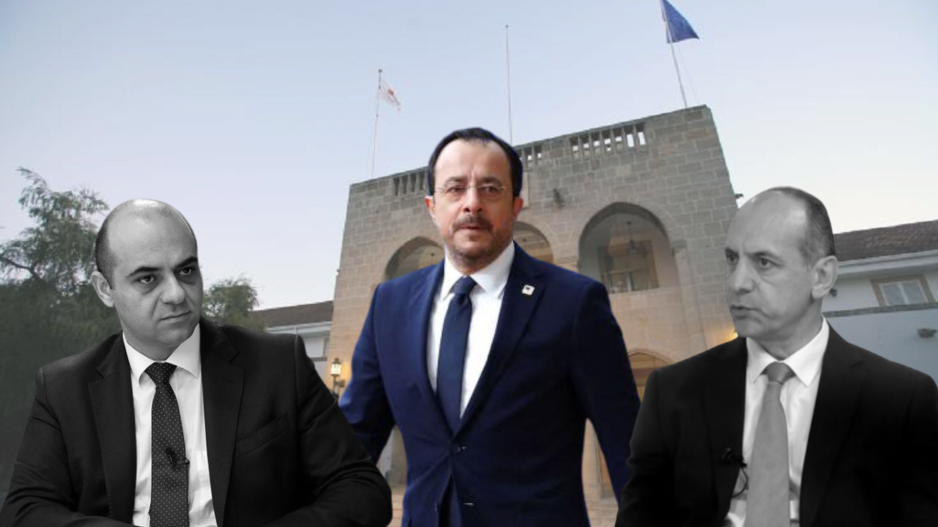The President May Have Mixed Up His Ministers
At least that would be a logical explanation for why the two ministers were treated in diametrically opposite ways—for all the wrong reasons.
I kept reading and re-reading Nikos Christodoulides’s statements from yesterday regarding the two high-profile cases that dominated the press: the President’s rebuke of his Minister of Labor, Giannis Panayiotou, for his comments about the legal woes of a certain football club owing millions to the social insurance funds, and his shielding of the Minister of Justice, Marios Hartsiotis, over the new fiasco involving the murder of the 24-year-old in Potamia.
That is, on the one hand, a telling-off for the minister who became the target of hardcore fans who, using coarse language, indirectly threatened him because he “dared” to publicly say that their football club owes millions to the Social Insurance Fund.
On the other hand, a pat on the back for the minister who has overseen repeated fiascos: from prison escapes to delayed justice reforms, to the way Limassol has turned into a jungle for any delivery driver who happens not to be Cypriot, and now the highly publicized Potamia case—where the death of a young man, and how it happened, probably only came to light by chance.
I wondered if this was a deliberate mix-up by the President, a “prank,” but yesterday was January 14, not April 1.
The cluster of cases from the past year shows that the Ministry of Justice is floundering—not solely on matters directly under its mandate but also as the political overseer of the Cypriot police and all the fiascos that have stemmed from it over the last year.
The death of a 24-year-old and the harsh questions surrounding it are just the icing on the cake. For some, it is merely one more opportunity to construct a parallel reality. Yesterday, Nikos Christodoulides once again threw a lifeline to his minister and to everyone involved in handling the case. Meanwhile, faced with well-grounded criticism from DISY and AKEL, he chose to replay the tired old tape about the “alignment” of the two parties.
In the case of heavily indebted football clubs, the situation is much clearer and well-known to everyone. The umbilical cord connecting state authority and football remains intact—and Cypriot taxpayers will likely wait a long time before they are no longer subsidizing the million-euro deficits of a sphere beset by petty powerbrokers and corruption.
The Minister of Labor, when commenting on the legal disputes of a particular football club, should probably have anticipated the café-level reactions from organized fan groups to his statements. What he couldn’t have predicted was that his own political superior, Nikos Christodoulides, would serve him up to the appetites of these enraged fans. It is a shame that political power once again bowed to the will of organized fan groups.
Nevertheless, the President deserves credit because yesterday he clarified why the betting tax was increased and then allocated to football clubs. In other words, why more taxpayer money is flowing to clubs with debts to the state and social insurance funds. He even emphasized it three times: it was “further support for football clubs.” Kudos for the honesty—and what a pity for the MPs who voted in favor of this amendment, spending hours on the parliamentary podium resorting to all kinds of inventions and flimsy arguments, trying to convince the public that this particular amendment “doesn’t do any favors for the powerbrokers of football.”
The Republic of Cyprus and Cypriot society need—and deserve—serious leadership that identifies failings, rights wrongs, and moves the country forward. Leadership that is prepared to break eggs—after all, you can’t make an omelet without them.
Perhaps it would have been better if it were April 1st.






